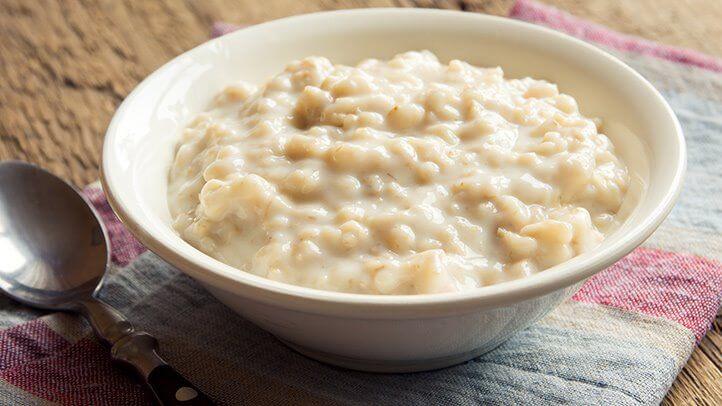Oats are often considered as the healthiest meal choice. It is the perfect dietary choice for anyone attempting to lose weight because it is full of nutrients including fiber. It is also beneficial to eat oats if you have diabetes.
However, because excessive oat consumption might have negative effects, specialists frequently advise against it. Let’s first discuss all of the advantages of oats before moving on to their drawbacks.
What are the benefits of oats?
- Oats can lower cholesterol and blood sugar levels
- Oats can protect against heart disease and blood pressure
- Eating oats can aid in weight loss
- Oats can also help with constipation and improve bowel movement
- Oatmeal is also a prebiotic food which will improve your immune system
Undoubtedly, oat is a healthy food option but eating too much oats can have a negative impact on your body. Here are some side effects that you should be aware of.
What are side-effects of oats?
- Oats are a good source of carbohydrates and overeating may lead to an increase in your weight.
- As it is bland in nature, overconsuming oats may lead to an increase in sugar intake.
- Opting for an oats-only diet may deprive your body of getting nourishment from other healthy food sources.
- Too much oats can lead to malnutrition and muscle mass shedding
- Eating oats on a regular basis may lead to bloating
How to eat oats in a healthy way?
Experts advise soaking the oats for the entire night because this will aid in appropriate digestion. Oats should be incorporated into your diet gradually. An appropriate serving size of oats is one cup. The U.S. Department of Agriculture (USDA) states that 154 calories, 27 grams (g) of carbohydrates, and 4 g of fiber are included in one cup of oats.
Source:FE







 Finance
Finance







